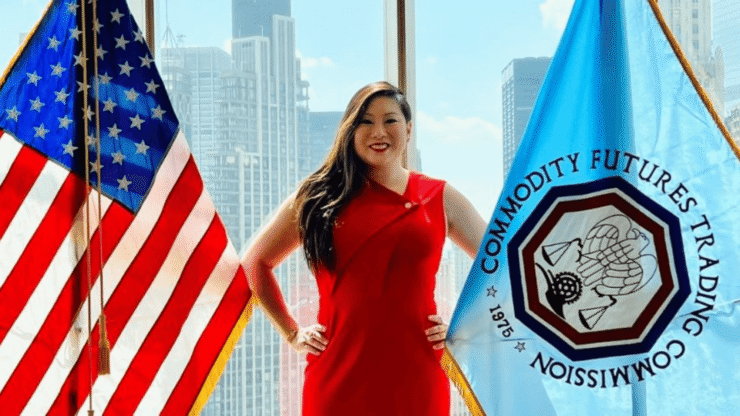The Commodity Futures Trading Commission (CFTC) has officially withdrawn its appeal in the high-profile case against Kalshi, marking the end of a protracted legal battle over the startup’s right to offer election-based event contracts in the United States.
On Monday, the CFTC filed a motion to voluntarily dismiss its appeal with the U.S. Court of Appeals for the District of Columbia—a notable reversal of its prior position. The decision followed an internal commission vote. While the agency has not issued a formal comment, the move effectively concedes defeat and clears a major regulatory hurdle for the future of political prediction markets.
The case stemmed from Kalshi’s effort to launch contracts tied to U.S. election outcomes—products the CFTC had previously rejected, citing concerns about legality and public interest. However, a federal court ruled in Kalshi’s favor in late 2024, arguing that the agency lacked the legal authority to block such contracts solely based on subjective or speculative concerns.
Reacting to the development, Kalshi co-founder Tarek Mansour posted on social media:
“Election markets are here to stay. This win solidifies their right to exist and thrive.”
CFTC Retreat Signals Policy Shift as Pro-Crypto Leadership Emerges
As the legal standoff formally concludes, court filings confirm that both Kalshi and the CFTC will bear their own legal and court costs. Beyond resolving a two-year dispute, the move reflects a broader regulatory transformation under the Trump administration—one that increasingly favors fintech innovation and decentralized financial infrastructure.
The appeal withdrawal comes amid signs of a strategic pivot at the CFTC. Earlier this year, President Donald Trump nominated Brian Quintenz—a former Andreessen Horowitz executive and known crypto advocate—to permanently chair the agency. If confirmed, Quintenz would replace Acting Chair Caroline Pham, whose short tenure involved a high-profile reshuffle that edged out several of the commission’s more crypto-skeptical figures.
Under Pham’s leadership, the CFTC also announced a public roundtable to reexamine its approach to event-based contracts and prediction markets, signaling the agency’s growing openness to rethinking long-held positions on market innovation.
Meanwhile, Kalshi has capitalized on the momentum. The company expanded its lineup of election-related markets and integrated crypto payment options in late 2024—cementing its position at the intersection of blockchain finance and regulated prediction markets.
A Legal Milestone for the Future of U.S. Prediction Markets
The CFTC’s decision to drop its appeal represents the final chapter in a two-year saga that could reshape how political event contracts are treated under U.S. commodities law.
The dispute began in June 2023, when Kalshi submitted a proposal to offer contracts on U.S. congressional election outcomes. The CFTC rejected the plan, citing potential risks to democratic integrity and fears that such markets could be manipulated or used to influence public opinion.
Kalshi filed suit shortly after, arguing that the agency’s rejection lacked legal basis and infringed on the company’s statutory rights. In September 2024, a federal District Court sided with Kalshi, issuing a landmark ruling that affirmed its authority to operate such markets under existing commodities regulations.
While Kalshi briefly launched its election contracts on September 12, the rollout was halted days later by an emergency stay from a higher court. That roadblock was cleared in October, and the company resumed operations following final legal approval—formally reopening a category of financial product many believe could modernize prediction markets in the U.S.
Quick Facts
- The CFTC has dropped its appeal against Kalshi, clearing the way for regulated election-related event contracts.
- A federal judge previously ruled that the CFTC lacked authority to block the contracts based on subjective public interest concerns.
- Kalshi CEO Tarek Mansour called the decision a historic win for political prediction markets.
- The outcome may pave the way for broader innovation at the intersection of blockchain finance and regulated speculation.





